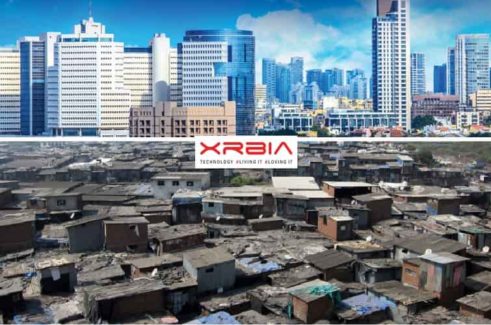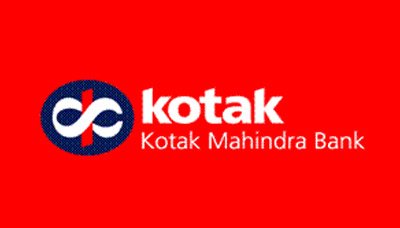
Mumbai, India, April 26, 2017/Rahul Nahar – Xrbia Developers Ltd.//–
Mumbai is a city of contrasts: having recorded some of the most expensive real estate transactions in the world, it is also home to more slum dwellers than any other city in the world. Despite sprawling over twenty square kilometres of prime property in the heart of India’s financial hub, planners and property developers have been reluctant to engage with slum replacement strategies in the capital. Instead, developers are choosing to build more luxury apartments on ever-diminishing property space in other areas of the city. What is holding back private developers from engaging with slum replacement projects?

Firstly, many property developers morally oppose redevelopment as this term has been often used as a euphemism for displacement. In many instances, the poor have either been directly displaced by the new land use or indirectly displaced through an increase due to a lack of affordability. Beyond these moral considerations, property values in slums are often discounted due to the lack of formal titles and legal recognition, the inadequacy of physical infrastructure services and fragmented land ownership. To ensure such an investment is financially viable, developers consequently have to aim for high-value properties, which in turn leads back to the issue of affordability for existing residents. These issues all present significant obstacles for developers looking for low risk, and high return, investments.
The government needs to create more practical incentives for developers to take these increased risks. One promising strategy is subsidized onsite redevelopment, which takes advantage of the potentially high real estate value of slum land in the city. Slums are demolished and replaced by higher density housing, and, contrary to conventional slum clearance policies, slum dwellers are rehoused in replacement housing on the former slum sites at no additional cost. This is made possible as new market-rate housing is also developed on the former slums, which cross- subsidizes the cost of the slum dwellers’ replacement housing and provide a financially viable option for real estate developers. In order for these schemes to be realised, it is essential that the government approves change to the city’s land development regulations, to allow for an increase in the density of redevelopment projects. Further key policy interventions include assistance with construction finance, providing temporary accommodation for residents and helping to address property-based disagreements.
Without effective incentive schemes, the chasm between uninhabited luxury apartment blocks and overcrowded, sprawling slums is set to further increase. As India’s affordable housing leader, Xrbia has begun to correct the discrepancy between supply and demand in the capital, through pioneering a slum replacement project in Chembur. A market-driven solution to the issue is needed, as the scale of the problem cannot be tackled by the public sector alone. Incentivizing the private sector to play a role in slum replacement represents a sustainable way to build a city fit for the future.
About Rahul Nahar, Founder, XRBIA Developers Ltd

Born in 1975, he is a first-generation entrepreneur. Starting his business career in 1997, Rahul began as a developer of gated communities and over the years built a robust real estate business. He started developing land plots with a strong focus on the Pune market after completing his education from the city. In a span of 20 years, Rahul has 13.4 million sq.ft of development to his credit, a land bank of 2500 acres and a customer base of over 10000 customers. In 2012, Rahul pioneered affordable housing in India in form of a project consisting of 3500 houses on a 120-acre township. His objective with XRBIA is to provide every modern convenience to his customers from wider avenues to the best of infrastructural, educational and healthcare facilities.
About XRBIA Developers Ltd:
XRBIA understands India’s need for smarter, efficient and sustainable cities which offer a higher quality of life to its people. Superior living experiences being priority, brand XRBIA delivers end-to-end urban infrastructure services to its inhabitants. With a goal and vision of building “100 future ready cities by 2030”, XRBIA is embarking on a new journey that lays the benchmark for quality and modern urban development in the country. The brand is driven by technology in all they do from construction & operations to enabling customers to measure, manage and pay for services that they use. XRBIA matches the global trend of increasing affordability by designing compact homes and offering standard amenities of free car park, community center with swimming pool and commercial complexes. This year alone they built cities across 18 locations in India and launched 40,000 houses spread across Maharashtra. At XRBIA, the aim is not to build only houses, but cities that are environmentally friendly, technologically advanced, committed to education, dedicated to health, and that foster community spirit.
Transforming India’s Slums





